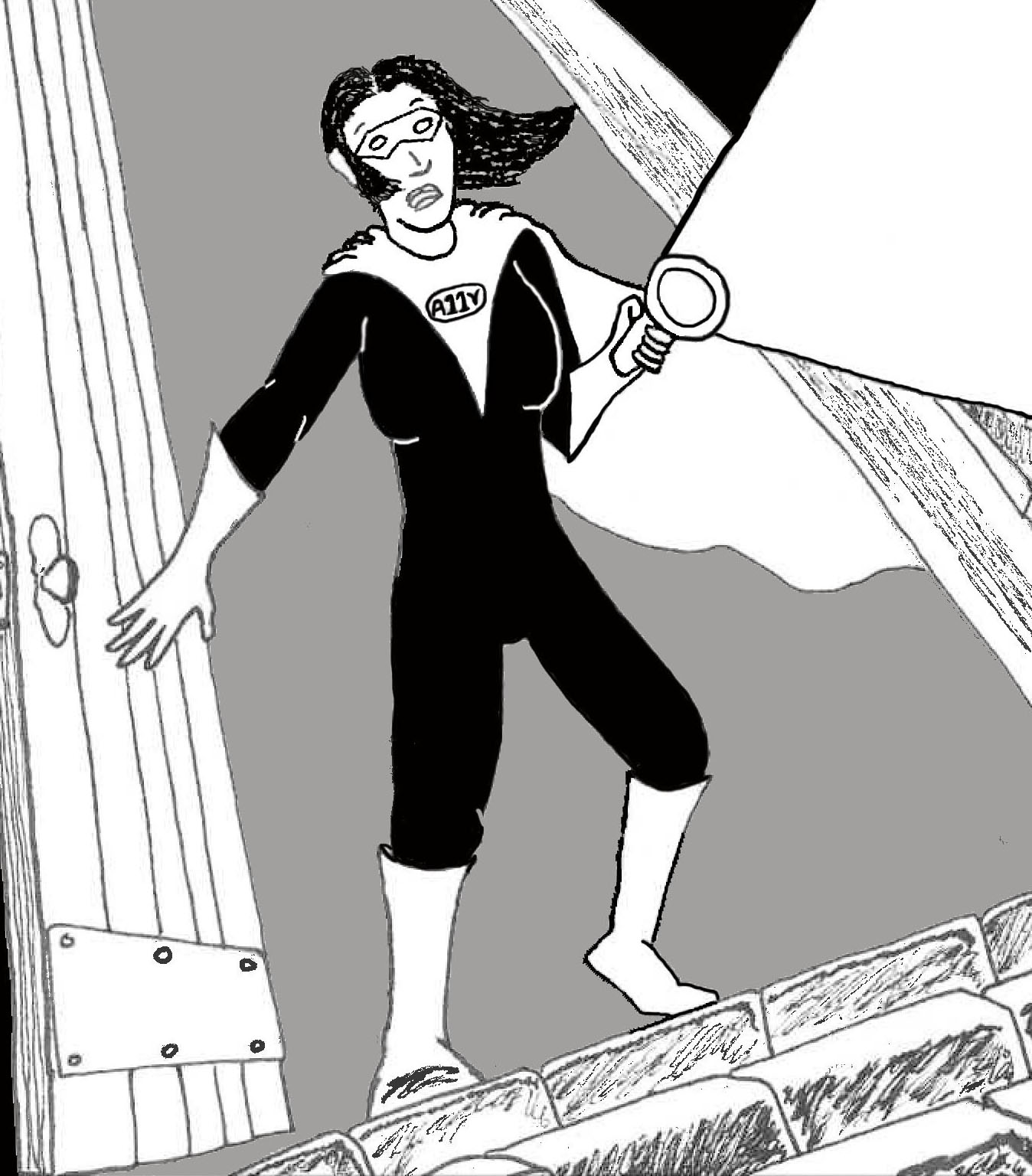
References
- Alexander, Jonathan, & Losh, Elizabeth. (2014, January 30). Comics and scholarship. Bedford Bits. Retrieved June 24, 2021, from http://bedfordbits.colostate.edu/index.php/2014/01/30/comics-and-scholarship
- Bell, Cece. (2014). El deafo. Amulet Books.
- Dolmage, Jay Timothy. (2017). Academic ableism: Disability and higher education. University of Michigan Press. https://doi.org/10.3998/mpub.9708722
- Empower your kids. (n.d.). Comics empower: Comics for the blind. Retrieved December 31, 2021, from https://web.archive.org/web/20161023050442/http://comicsempower.com/empower_your_kids
- Green, Nicole E. (2010). Teaching (dis)abled: Reflections on teaching, learning, power, and classroom community. The English Journal, 100(2), 86–92.
- Kerschbaum, Stephanie. (2012). Avoiding the difference fixation: Identity categories, markers of difference, and the teaching of writing. College Composition and Communication, 63(4), 616–644.
- Lunsford, Scott. (2005). Seeking a rhetoric of the rhetoric of dis/abilities. Rhetoric Review, 24(3), 330–333. https://doi.org/10.1207/s15327981rr2403_6
- Marvel Entertainment. (2015, July 14). Marvel's Ms. Marvel volume 1: No normal in GraphicAudio trailer [Video file]. YouTube. https://youtu.be/_Gs357uNpOA
- McCloud, Scott. (1993). Understanding comics: The invisible art. HarperCollins.
- United States Department of Education Office for Civil Rights. (2013). Resolution Agreement: South Carolina Technical College System: OCR Compliance Review No. 11-11-6002. https://www2.ed.gov/about/offices/list/ocr/docs/investigations/11116002-b.pdf
- Walters, Shannon. (2015). Graphic disruptions: Comics, disability, and de-canonizing composition. Composition Studies, 43(2), 174–177.
- Weaver, Margaret E. (1996). Transcending "conversing": A deaf student in the writing center. JAC, 16(2), 241–251.
- Web content accessibility guidelines (WCAG) 2.0. (2008, December 11). W3C. https://www.w3.org/TR/WCAG20/
- Wilson, James C., & Wilson-Lewiecki, Cynthia. (2001). Disability, rhetoric, and the body. In James C. Wilson & Cynthia Wilson-Lewiecki (Eds.), Embodied rhetorics: Disablity in language and culture (pp. 1–24). Southern Illinois University Press.
- Wood, Tara, Dolmage, Jay, Price, Margaret, & Lewiecki-Wilson, Cynthia. (2014). Moving beyond disability 2.0 in composition studies. Composition Studies, 42(2), 147–150.







